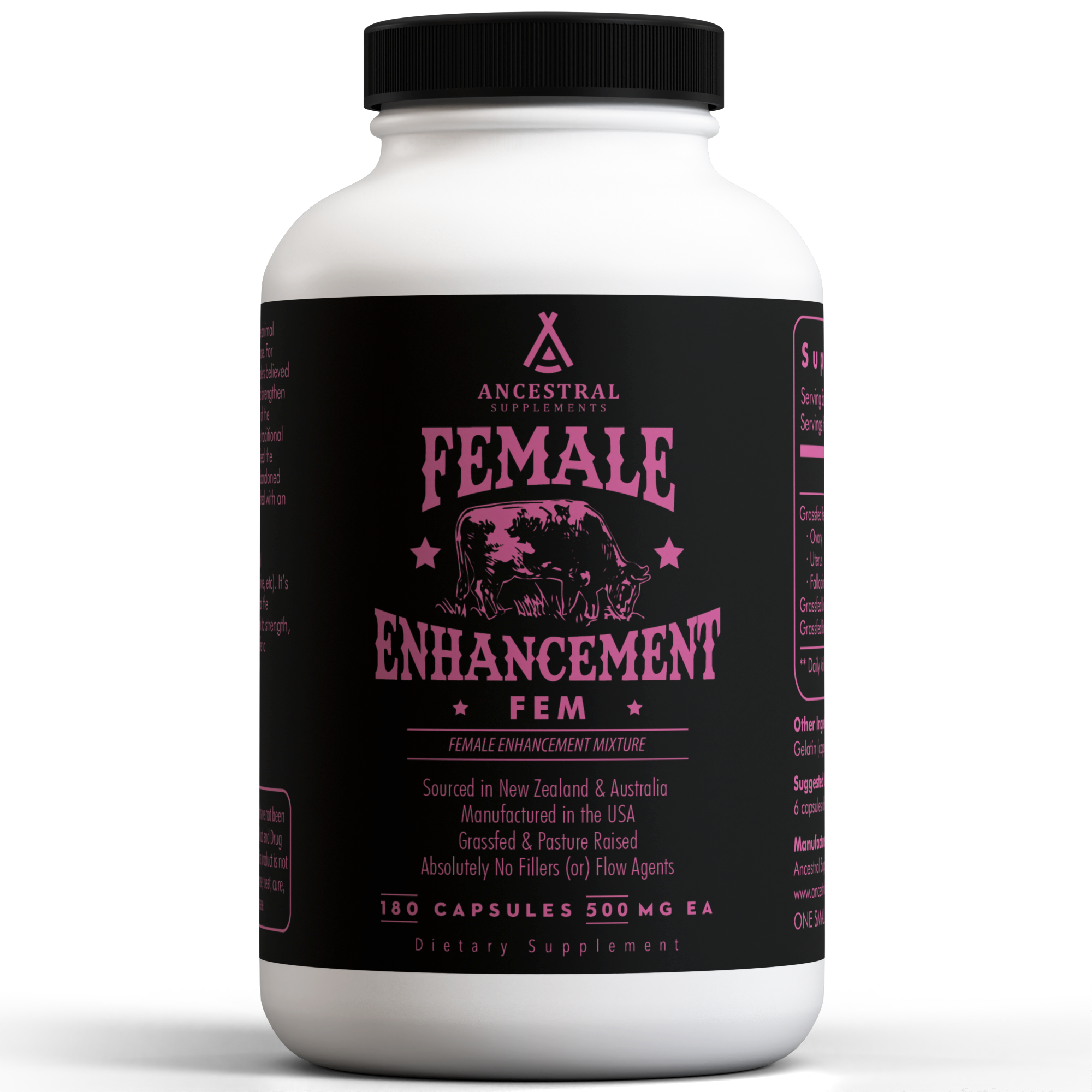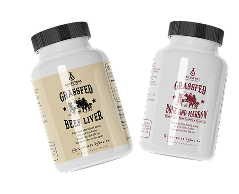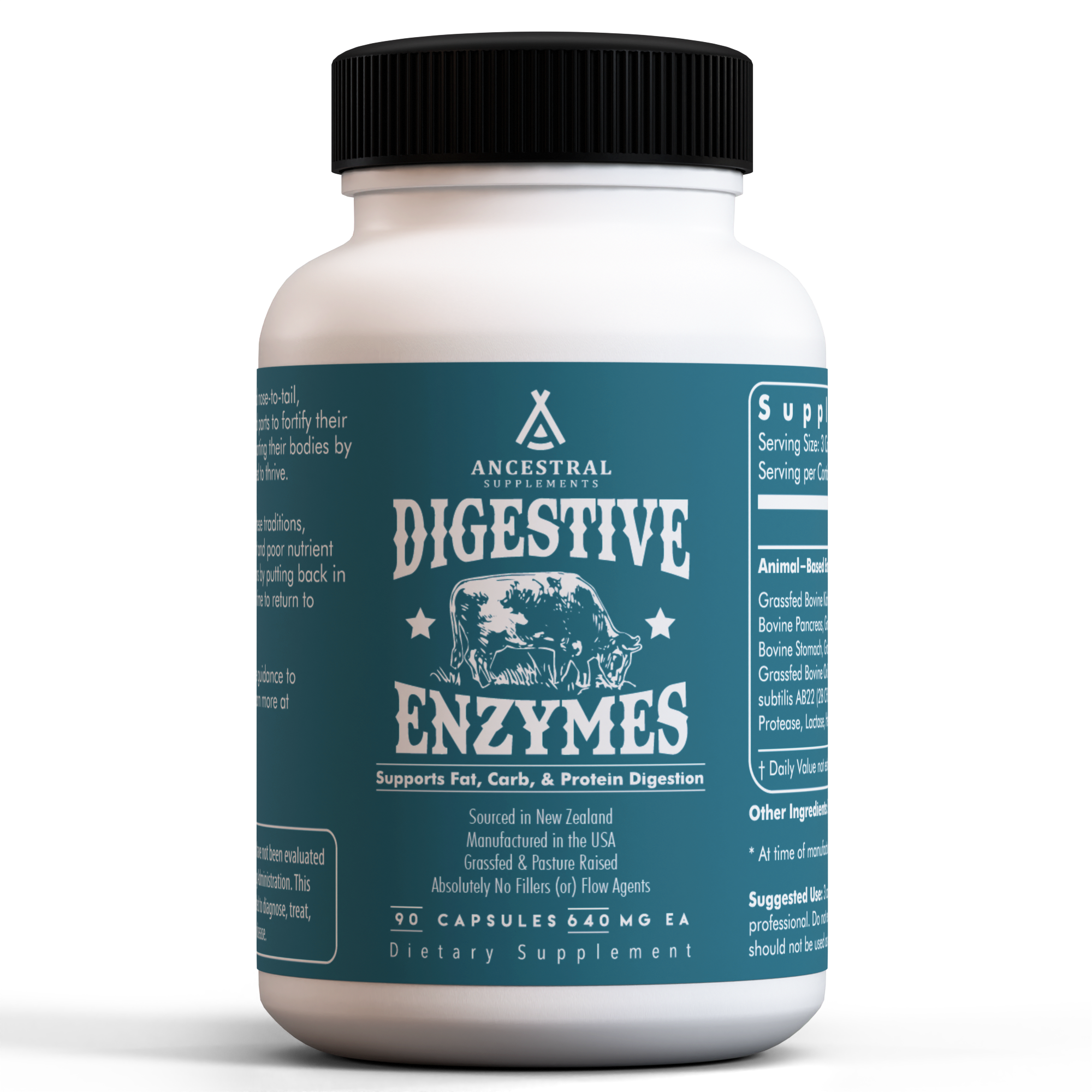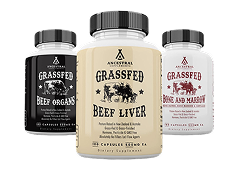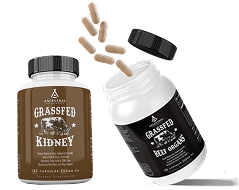Homemade Mouthwash Recipe (& The Problem With Conventional Mouthwash)

Many of us reach for commercial mouthwash without questioning what's inside those bright blue and green bottles. Yet conventional mouthwash often contains harsh chemicals like alcohol, artificial dyes, and synthetic preservatives that can disrupt our oral microbiome. Enter homemade mouthwash: a gentle yet powerful alternative that harnesses natural ingredients like essential oils to freshen breath, support healthy gums, and maintain oral hygiene—without the concerning chemicals. Here's how to make your own effective rinse using simple, natural ingredients.
Key Takeaways
- Conventional mouthwashes often contain harmful ingredients like alcohol and formaldehyde, which can disrupt the oral microbiome.
- Homemade mouthwashes offer several benefits, including the use of natural, antimicrobial ingredients, cost-effectiveness, and environmental sustainability.
- A simple recipe for a natural mouthwash includes ingredients like distilled water, melted coconut oil, peppermint essential oil, mineral salt, and baking soda, which collectively help maintain oral health and fresh breath.
- Lemon essential oil can be added for its whitening effect on teeth, while tea tree oil provides antiseptic properties to combat bad breath and help relieve irritated gums.
The Importance of Oral Hygiene
Your mouth is home to a diverse microbiome that plays a significant role in your digestive system. This oral microbiome is connected to your gut microbiome, impacting your overall health. Good oral hygiene helps maintain this delicate balance, ensuring that beneficial bacteria thrive while harmful bacteria are kept at bay. Brushing, flossing, and using a natural mouthwash can help control plaque.
Incorporating lemon essential oil into your homemade mouthwash can add a whitening effect to your teeth, avoiding the need for chemical versions. Additionally, tea tree oil is a natural remedy with antiseptic properties that can help combat bad breath and relieve irritated gums.
Good oral hygiene, a key element of overall health, goes far beyond just a bright smile. Proper hygiene practices, such as brushing and flossing, can help maintain your teeth for a lifetime. It’s not just about avoiding cavities. Removing dental plaque through these practices helps prevent tooth decay and gum disease, which are common but serious issues.
Neglecting hygiene can lead to more severe problems. Advanced gum disease can result in tooth loss and painful chewing issues. Furthermore, gum recession exposes tooth roots to decay, causing tooth sensitivity and pain. By maintaining good oral hygiene, you not only keep your teeth healthy but also support your overall well-being.
The Problem With Conventional Mouthwash
Despite promising fresh breath and germ-free mouths, conventional mouthwashes come with potential drawbacks. Many of these mouthwashes contain up to 26% alcohol, which may be harmful when used over time. Alcohol in mouthwash destroys friendly bacteria necessary for maintaining oral health. This disruption can result in:
- Dry mouth
- Decreased saliva production
- Worsening breath
- Increased cavity formation
Research also suggests that regular use of conventional mouthwash might interfere with the body’s nitric oxide production, possibly contributing to high blood pressure. (1) This disruption occurs because conventional mouthwash acts as an antiseptic, killing both harmful and beneficial bacteria. This imbalance in your oral microbiome can have far-reaching effects on your digestive system and overall health.
Additionally, harmful ingredients such as chlorine dioxide, chlorhexidine, and formaldehyde are prevalent in conventional mouthwashes, posing various health risks. These ingredients are not just harsh on your mouth; they can be detrimental to your body. For example, chlorhexidine has been linked to increased tartar buildup, while formaldehyde is a known carcinogen. (2, 3)
Fortunately, natural alternatives exist that offer the same benefits as conventional mouthwash without the detrimental side effects. Let’s explore the benefits of homemade mouthwashes and how you can create your own.
Benefits of Natural Mouthwash
Homemade mouthwashes provide numerous advantages over their commercial counterparts, making them a preferred choice. One of the primary advantages is the use of natural ingredients. By using herbs, essential oils, and other natural components, you can avoid the potentially harmful chemicals found in conventional mouthwashes. These natural ingredients often have antimicrobial and antibacterial properties, making them effective in maintaining good oral hygiene.
Lemon essential oil can be added to homemade mouthwash to provide a whitening effect on the teeth, offering a natural alternative to chemical whitening agents. However, it is important not to overdo it to avoid potential irritation. Tea tree oil is another beneficial ingredient due to its antiseptic properties, which help combat bad breath and relieve irritated gums. Including these oils in your mouthwash can enhance its effectiveness and provide additional oral health benefits.
Their cost-effectiveness forms another notable advantage. Making your own mouthwash at home can save you money in the long run. The ingredients used in homemade mouthwashes are often inexpensive and readily available. Additionally, homemade mouthwash recipes allow for customization to meet your specific needs and preferences. Whether you need a formula to treat bad breath, whiten teeth, or soothe mouth sores, you can tailor your mouthwash to suit your needs.
Furthermore, homemade mouthwashes contribute positively to the environment. By using reusable glass jars and natural ingredients, you reduce waste and your carbon footprint. Making your own mouthwash is a small but meaningful step towards a more sustainable lifestyle.
Considering these benefits, here’s a simple yet effective homemade mouthwash recipe for you to try. This recipe uses common ingredients and can be easily customized to fit your needs.
Homemade Mouthwash Recipe
You will need:
- ½ cup filtered or distilled water
- 1 tsp melted coconut oil
- 2 drops peppermint essential oil (organic food grade)
- 2 drops lemon essential oil
- 2 drops tea tree oil
- A pinch of mineral salt
- A pinch of baking soda
To make and use the mouthwash, follow these steps:
- Combine all the ingredients in a mason jar or other glass container.
- Shake well to mix everything together.
- Use 1–2 teaspoons of the mouthwash each morning after brushing and flossing.
- Swish the mixture around your mouth for 1–2 minutes.
- Spit it out.
This recipe yields approximately a week’s supply of mouthwash. It’s a simple, effective solution for helping maintain fresh breath and good oral hygiene.
Homemade Mouthwash Ingredients
Coconut Oil
Coconut oil is known for its antimicrobial properties, which help reduce harmful bacteria in the mouth. It also helps to moisturize the oral cavity, preventing dry mouth and promoting overall oral health. Additionally, coconut oil can aid in reducing plaque buildup and improving gum health.
Peppermint Essential Oil
Peppermint essential oil not only provides a refreshing minty flavor but also offers antibacterial and antiseptic properties. (4) This essential oil helps to combat bad breath and can soothe oral discomfort, making your mouthwash both effective and pleasant to use.
Mineral Salt
Mineral salt, such as Himalayan or sea salt, is a natural antiseptic that helps to cleanse the mouth by killing bacteria. It also aids in balancing the pH levels in the mouth, which can help prevent the growth of harmful bacteria and promote a healthier oral environment. (5)
Baking Soda
Baking soda is a mild abrasive that helps to remove surface stains on teeth, leading to a brighter smile. It also neutralizes acids in the mouth, reducing the risk of tooth decay and gum disease. Baking soda's alkaline nature helps maintain a balanced pH in the mouth, fostering a healthy oral microbiome.
Distilled Water
Using distilled water as the base for your homemade mouthwash ensures that the solution is free from impurities. This is important for maintaining the effectiveness of your mouthwash.
Conclusion
Taking control of your oral health doesn't have to mean relying on harsh chemicals or artificial ingredients. Making your own mouthwash allows you to harness the power of natural ingredients while avoiding the potentially harmful effects of conventional rinses. As you experiment with this recipe, you might find that your mouth feels cleaner and your breath stays fresher longer—all while knowing exactly what goes into your daily oral care routine. Whether you're looking to reduce your exposure to synthetic chemicals, save money, or simply embrace a more natural approach to dental hygiene, homemade mouthwash offers a simple yet effective solution that you can feel good about using every day.

